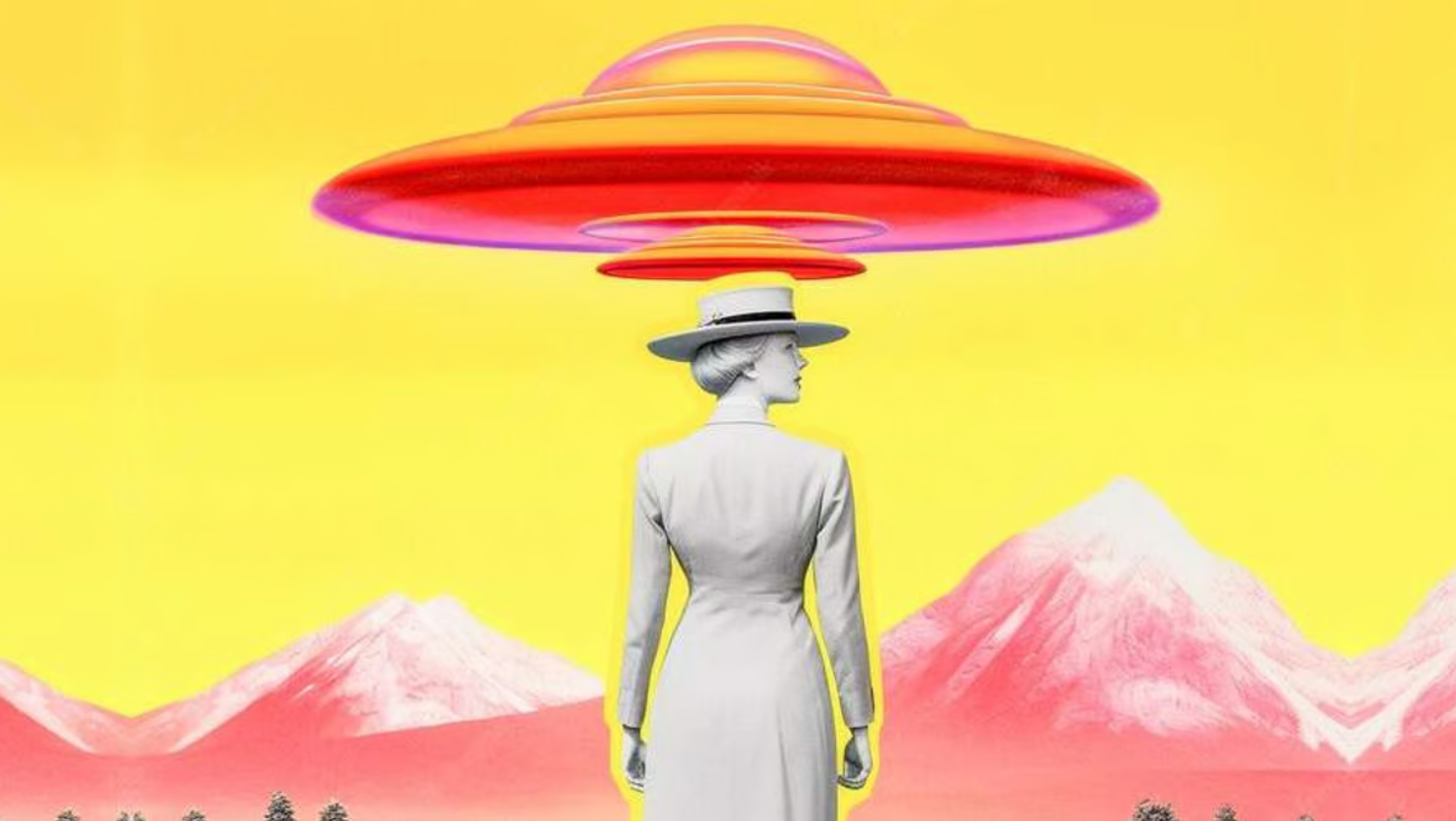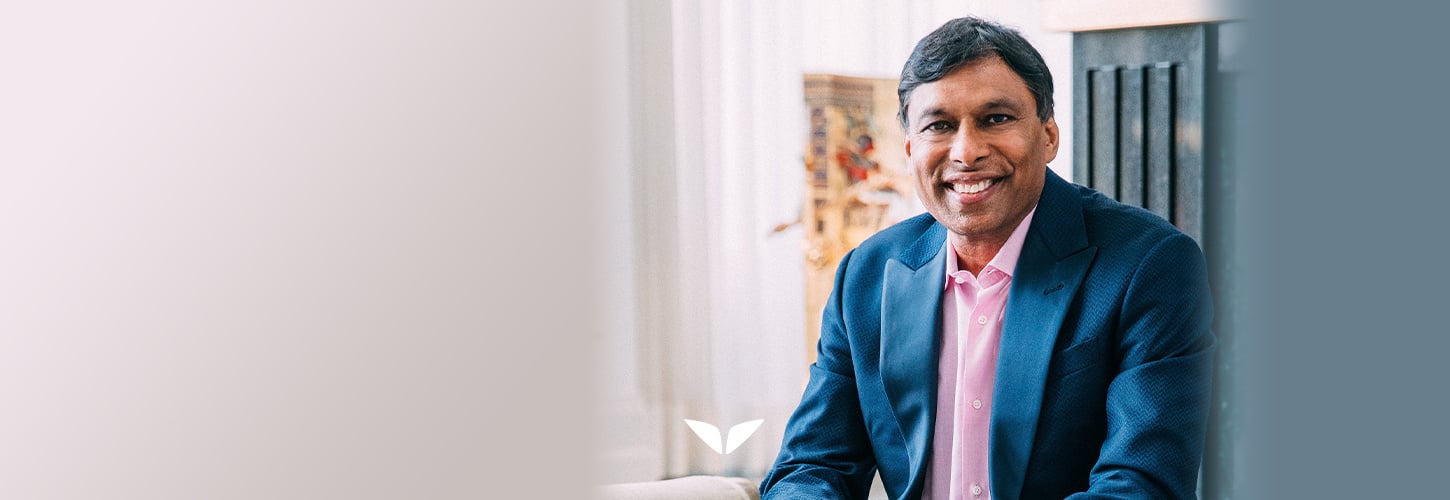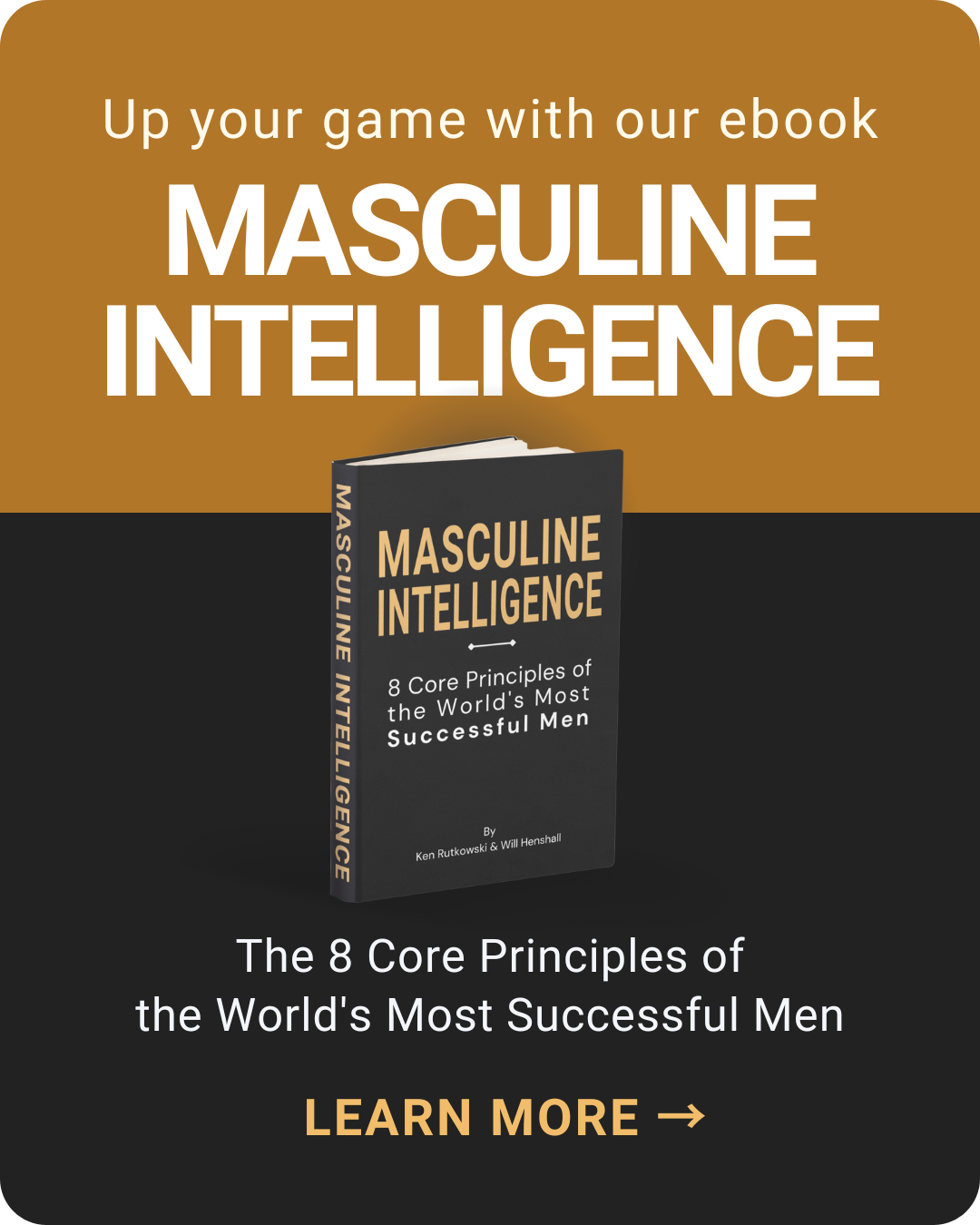
Harvard’s Avi Loeb asks questions to wake up your mind.
“It’s hard to summarize the universe,” Avi Loeb says offhandedly. “It’s complex, but its initial conditions are simple – it has zero energy because the expansion energy is matched by gravitational energy. You can summarize it on a piece of paper. You can imagine designing it in an afternoon!”

Perhaps not everybody can imagine designing a universe between lunch and dinner.
But when Avi Loeb, long-time director of Harvard’s Institute for Theory and Computation at the Center for Astrophysics, pioneer of black hole research, and author of more than 700 papers and essays speaks, people listen.
Watch Avi Loeb at METAL
And getting people to listen, to keep their minds from clamping shut, is as much a passion for Loeb as is his disciplined search for extraterrestrial life.
IS THERE ANYBODY OUT THERE?
The physicist Enrico Fermi famously asked about our prospective cosmic company “Where is everybody?” Says Loeb, “Well it’s like being single. To find a partner you need to look out your window! You need to leave your home.”
And that takes money.
 Example of a high-resolution pictorial message to potential ETI. These messages usually contain information about the location of the solar system in the Milky Way.
Example of a high-resolution pictorial message to potential ETI. These messages usually contain information about the location of the solar system in the Milky Way.
“It’s said that extraordinary claims require extraordinary evidence,” he says. “Well, extraordinary evidence requires extraordinary funding. There’s a lot of real estate in the galaxy. We’re not at the center of the stage and the play is not about us. SETI [the nonprofit Search for Extraterrestrial Intelligence Institute] isn’t enough. It’s only 70 years old but that big receiving dish is like waiting for a phone call sitting at home. Nobody out there may know that we feel lonely. Or they might be on their iPhones and would never call us. So we need to get up and out.”
 Screen shot of the screensaver for SETI@home, a former volunteer computing project in which volunteers donated idle computer power to analyze radio signals for signs of extraterrestrial intelligence.
Screen shot of the screensaver for SETI@home, a former volunteer computing project in which volunteers donated idle computer power to analyze radio signals for signs of extraterrestrial intelligence.
Loeb is the founder of the Galileo Project – begun at Harvard but now expanding to research institutes in Colorado and Pennsylvania – collecting information on 500,000 objects in the sky and looking for signs of life. At the same time, he leads multi-million dollar terrestrial expeditions, collecting tiny spherules that have arrived from outside the solar system. Instead of waiting by the radio trying to catch ET’s broadcast, he’s looking for physical artifacts and chemical byproducts of alien technology.
 Galileo Project's pathway.
Galileo Project's pathway.
From infinite space to specks of sand, his search for knowledge – and for life in the universe – is never-ending.
ASTROPHYSICS AND ART
“We are ignorant! We don’t know what happened before the big bang. Our knowledge is an island in an ocean of ignorance. We should be modest. We should be rigorous in our research but behave like an artist. We should never expect ahead of time what we might find.”
Loeb made popular headlines in 2021 with his book Extraterrestrial: The First Sign of Intelligent Life Beyond Earth, in which he proposed the idea that Oumuamua (which means “scout” in Hawaiian), the strange rock that visited our solar system in 2017, was an alien lightsail – a probe driven by the propulsive radiation of starlight itself.
 An artist’s rendering of ‘Oumuamua. Astronomers calculated the far-off object’s unusual shape based on the ways it brightened and dimmed as it rotated. European Southern Observatory / Science Photo Library
An artist’s rendering of ‘Oumuamua. Astronomers calculated the far-off object’s unusual shape based on the ways it brightened and dimmed as it rotated. European Southern Observatory / Science Photo Library
He argued that Oumuamua’s extreme shape, luminosity (its brightness varied tenfold every eight hours), bizarre orbit, and anomalous lack of evidence of outgassing or debris along its path, make it “statistically different, by a large margin, from all other objects cataloged by humanity.”
THE GREATEST GIFT
To call his a controversial position would be an understatement. His colleagues resisted his suggestion, but stage plays have been written, sculptures sculpted and now even a symphony is being composed in honor of his research and claims about that mysterious visitor.
“I get a lot of pushback from conservative scientists who don’t have the imagination or are not willing to expect what they are not used to. I try to follow common sense – which is not so common in academia. I don’t care how many likes I get. “The greatest gift of being a scientist is that you get to wonder and take risks.”
Written by Adam Gilad.
TRENDING NOW
More Than 90% of Stablecoin Transactions Aren’t From Real Users: More than 90% of stablecoin transaction volumes do not originate from genuine users, based on a new metric co-developed by Visa Inc., indicating that these crypto tokens may still have a long way to go in terms of widespread adoption. The dashboard created by Visa and Allium Labs aims to filter out transactions initiated by bots and large-scale traders to focus on those carried out by actual individuals. Out of a total of approximately US$2.2 trillion ($2.97 trillion) in transactions during April, only US$149 billion can be attributed to "organic payments activity," as reported by Visa. (The Edge Singapore)
Scientists Discover a Missing Link Between Diet And Cancer Risk: A previously unexplored mechanism for gene inactivation that inhibits tumor suppression elucidates the link between cancer susceptibility and unhealthy dietary habits or unregulated metabolic disorders such as diabetes. Researchers from Singapore and the United Kingdom leveraged mouse models, human tissue, and lab-cultivated human breast organoids to reveal that alterations in glucose metabolism may facilitate cancer proliferation by transiently deactivating the tumor-defending BRCA2 gene. (ScienceAlert)
The Number of Public Companies has Fallen Fast: There is no lack of theories regarding the reasons behind this phenomenon. A commonly favored belief among American executives is that the introduction of new regulations post the fraud and accounting scandals in the early 2000s, prominently highlighted by the Sarbanes-Oxley Act of 2002, significantly increased the expenses of becoming publicly traded, particularly for smaller enterprises. The insinuation that eliminating such inconveniences is necessary is strongly suggested. (Sherwood)



